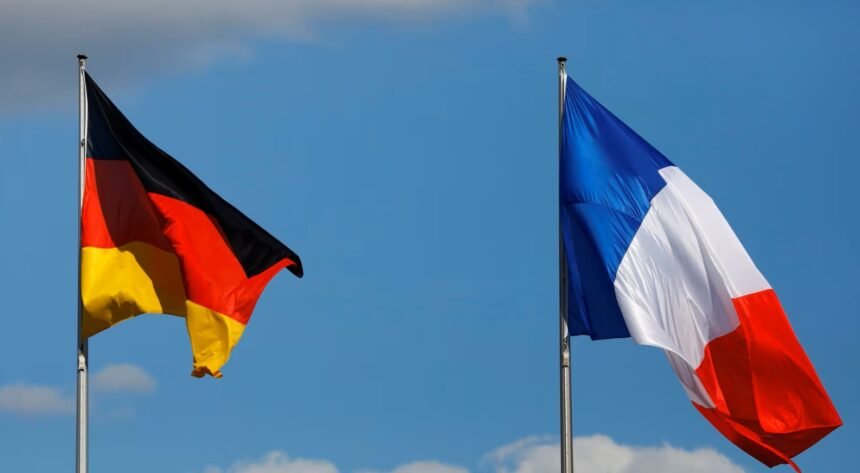In a move that could reshape the European Union’s approach to the Western Balkans, France and Germany have jointly produced a non-paper recommending the suspension of financial aid to Republika Srpska and the imposition of targeted sanctions on individuals undermining the constitutional order of Bosnia and Herzegovina.
The document, dated May 12, 2025, and reported by Radio Free Europe, outlines what it calls the most serious challenge to Bosnia’s sovereignty, unity, and territorial integrity in the last thirty years. This unprecedented crisis has prompted the authors to call for immediate and decisive action from EU institutions and member states.
The non-paper describes a troubling series of legal and political moves by Republika Srpska, especially following the February 26 conviction of its president, Milorad Dodik, for failing to implement decisions made by the High Representative. Among the most concerning actions are laws aimed at preventing the functioning of state institutions—such as the national court, prosecution office, and state investigation agency—within Republika Srpska. The entity has also advanced legislation to create a separate judicial council and introduced a restrictive law on nongovernmental organizations, which raises alarm about civil society suppression. The presentation of a draft constitution in March and the passage of a law on defending the constitutional order of Republika Srpska have added further fuel to an already smoldering fire.
The non-paper calls for the immediate repeal of all unconstitutional laws and the withdrawal of the new constitutional draft. Long-term solutions, according to the authors, must include the full and irreversible reintegration of Republika Srpska into Bosnia and Herzegovina’s constitutional system, the recommitment of Bosnian Serb leaders to active participation in state institutions, and the fulfillment of all criteria listed in the European Commission’s recommendation dated October 12, 2022.
The document proposes that the European Union suspend all financial and investment projects that directly or indirectly benefit Republika Srpska, particularly those under the Western Balkans Investment Framework (WBIF). It calls for the halting of any new proposals from the European Commission that would allocate resources to Republika Srpska and urges coordination with other international financial institutions, such as the World Bank, to implement a harmonized financial freeze. Even bilateral aid from member states should be put on hold, pending meaningful progress from Republika Srpska’s leadership.
With respect to sanctions, the non-paper advocates the use of the EU’s existing mechanisms to impose restrictive measures on individuals or entities that violate Bosnia’s sovereignty and constitutional framework. In the absence of unanimous EU agreement, the document recommends that individual member states take independent action by issuing national travel bans and sanctions, particularly targeting key figures such as Dodik, Prime Minister Radovan Višković, and Assembly Speaker Nenad Stevandić. These national actions, it emphasizes, are to be temporary and reversible, aimed at altering the behavior of targeted actors rather than punishing them indefinitely.
Moreover, the non-paper advises that all high-level communication between EU officials and sanctioned leaders of Republika Srpska be suspended. Where communication remains necessary, it should serve to underline the dangers of continuing along an unconstitutional path, while also affirming the EU’s readiness to ease tensions should the leadership demonstrate a sincere willingness to return to constitutional norms.
Bosnia and Herzegovina remains a candidate country for EU membership, but the document strongly argues that the actions of Republika Srpska are wholly incompatible with the values and expectations of that process. The authors stress that this message must be conveyed unequivocally, both through diplomatic channels and concrete measures.
As a reminder, a “non-paper” is an unofficial document without a signature, stamp, or formal delivery process. It serves as a platform for floating policy ideas and initiating informal discussions among political leaders and diplomats.







